Die Swiss Summer School in Social Sciences Methods feiert dieses Jahr ihre 30. Jubiläumsausgabe und bietet 30 spezialisierte einwöchige Workshops sowie drei vorgängige Statistik-Kurse an.

Nutzen Sie die einmalige Gelegenheit, kostenlos repräsentative Daten zu gesellschaftlich aktuellen Themen in der Schweiz zu erheben.
The European Social Survey (ESS) has released the final data for Round 11 (2023/24). Data from all 30 participating countries, including Switzerland, is now accessible via the ESS Data Portal.
The LIVES Centre is launching the “Good Life” Data Challenge. Use SHP data to explore what predicts a happy, meaningful, and psychologically rich life. Submit a brief theory-driven proposal by 15 February 2026.
On 2 June, we will provide an introduction to the Swiss Household Panel and data management using SPSS. From 3 to 4 June, Ursina Kuhn and Oliver Lipps from FORS will deliver a course on fixed-effects models.
How do factors like social origin, education, migration background, or gender shape life chances over time? Consult the editorial and the full research topic.
An updated guide on data management with SPSS is now available on our website. Download the guide and simplify your data preparation process.
Diese modernisierte visuelle Identität spiegelt unsere Entwicklung wider. Sie steht im Einklang mit unseren aktuellen Aktivitäten und Schwerpunkten.
Von der Fragebogenerstellung bis zur Datenanalyse bietet FORS umfassende methodische Unterstützung für Ihre Umfragen. Kontaktieren Sie uns, um Ihre Bedürfnisse zu besprechen und eine Offerte zu erhalten.
SENPro (Swiss EOSC Node Prototype) aims to assess and prototype a national interdisciplinary node of the European Open Science Cloud (EOSC), enabling Switzerland to better connect its research data infrastructures to the European Open Science ecosystem.
Die neue Ausgabe des Newsletters SelectsAktuell zeigt, inwieweit sich junge Wählergenerationen von traditionellen Parteien abwenden. Zudem werden weitere zentrale Ergebnisse der jüngsten Befragung vorgestellt.
The SHP & TREE co-hosted a well-attended conference at UNIL on June 4–5, 2025, featuring a rich programme on key social topics such as education, health, migration & methodology.
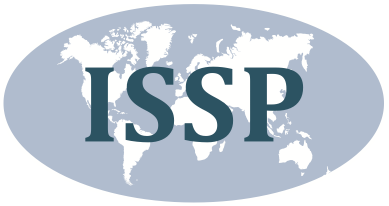
The release of ISSP 2022 Family and Changing Gender Roles V includes data from Switzerland and 21 additional ISSP member countries.
Dieses Beitrag von Georg Lutz & Rita Gautschy ist eine wichtige Referenz für die zukünftige Ausgestaltung der Politik und die langfristige Sicherung der Nachhaltigkeit von Schweizer Forschungsinfrastrukturen.
Entdecken Sie über 50 Jahre Wahlbefragungen in der Schweiz an einem Ort.
Wir haben soeben unseren FORS Jahresbericht 2024 veröffentlicht. Er gibt einen Überblick über unsere wichtigsten Aktivitäten und Entwicklungen im vergangenen Jahr.
Register now for the third online webinar on Authority data, standards and metadata. 28th of May (2:00–3:30pm). Hosted by Rita Gautschy (DaSCH) & Auriane Marmier (FORS).
Do you have questions about managing and sharing your social science research data? We’ve got answers. Every second Thursday of the month from 13:00 to 14:00 online.
Die MOSAiCH/ISSP Daten 2024 zum Thema «Digitale Gesellschaften» sind nun erhältlich.
Haben Sie sich jemals gefragt, wie Ihre Daten verarbeitet werden, wenn Sie an einer unserer FORS-Erhebungen teilnehmen? Wir haben ein kurzes Video erstellt, das Ihnen einen Blick hinter die Kulissen unserer Datenschutzprozesse gibt.
Die Schweizer Wahlstudie Selects untersucht seit 1995 die Wahlteilnahme und das Wahlverhalten bei eidgenössischen Wahlen.
All datasets are on SWISSUbase, with Wave 25 including new questions on asylum seekers and the environment.

Forschende sind eingeladen, Fragen für den 2. Teil der MOSAiCH-Befragung 2026 vorzuschlagen. Die Einreichungsfrist ist der 21. April 2025.
The Sounding Board of Service Providers has just published a report with key recommendations to strengthen Open Research Data practices in Switzerland.

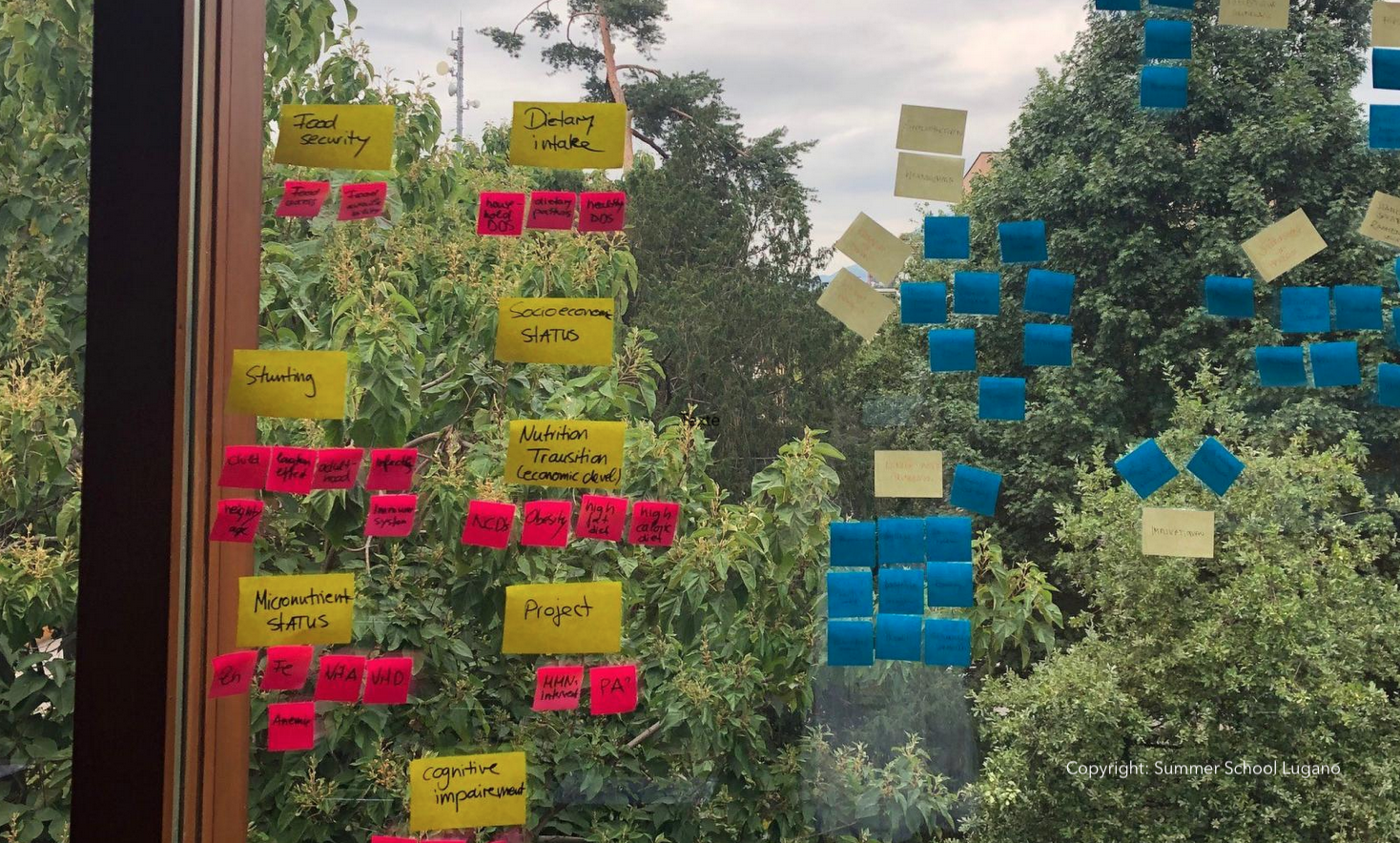



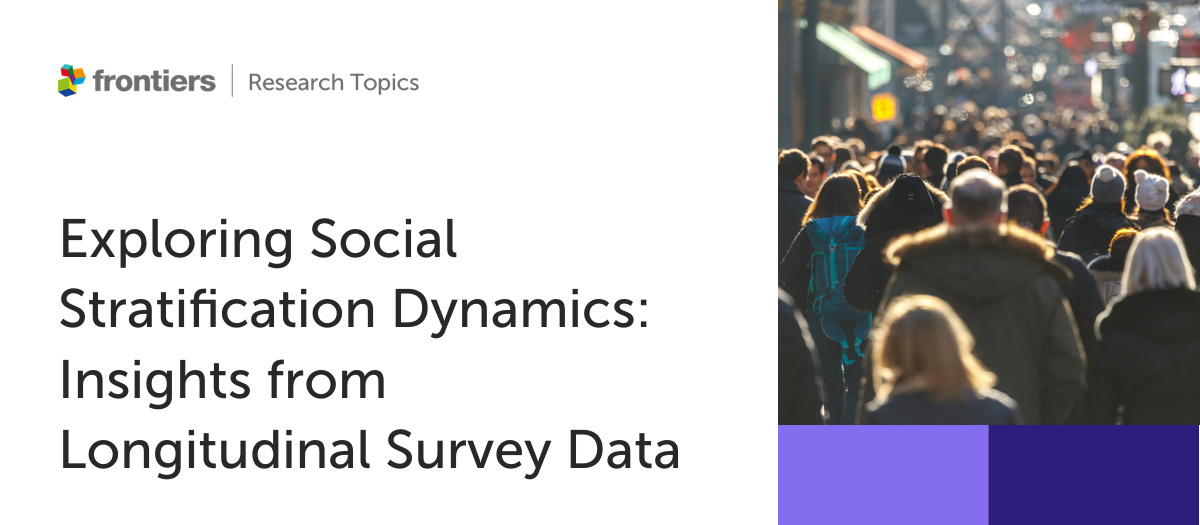

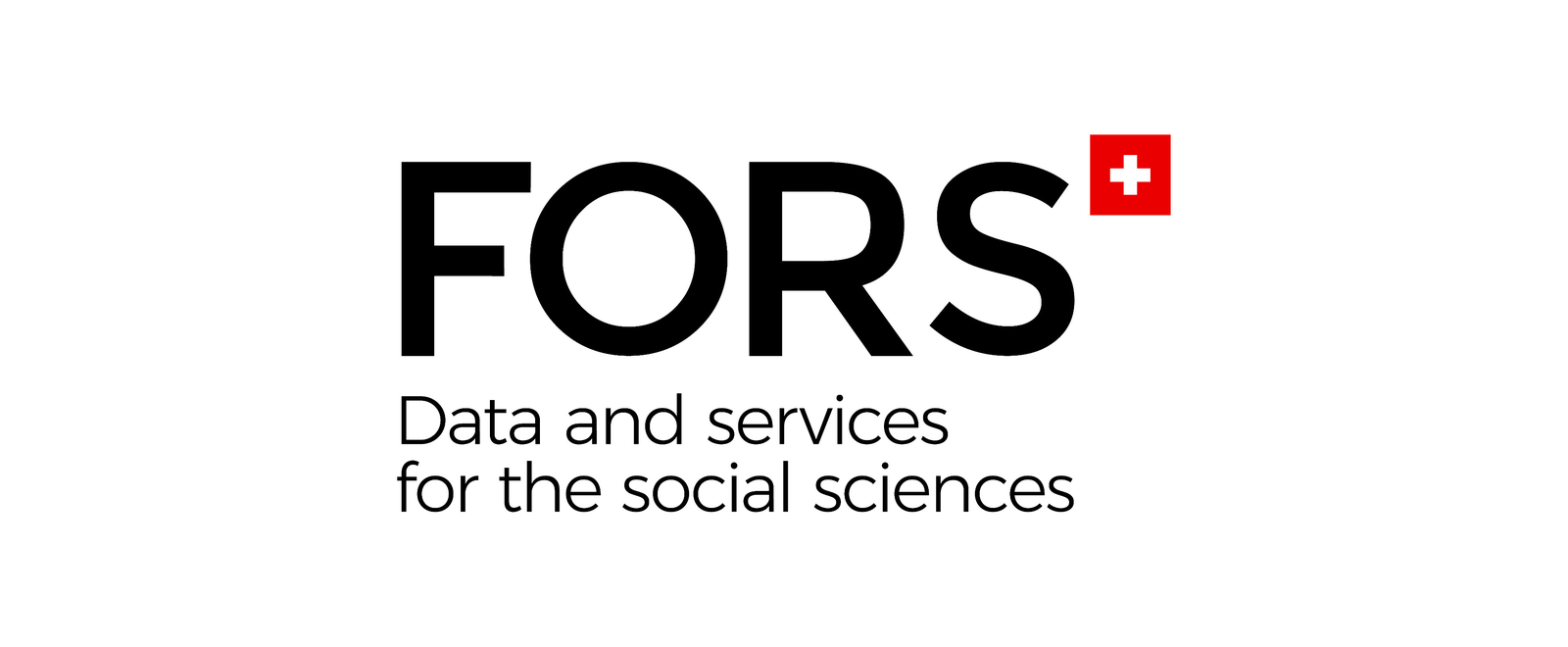



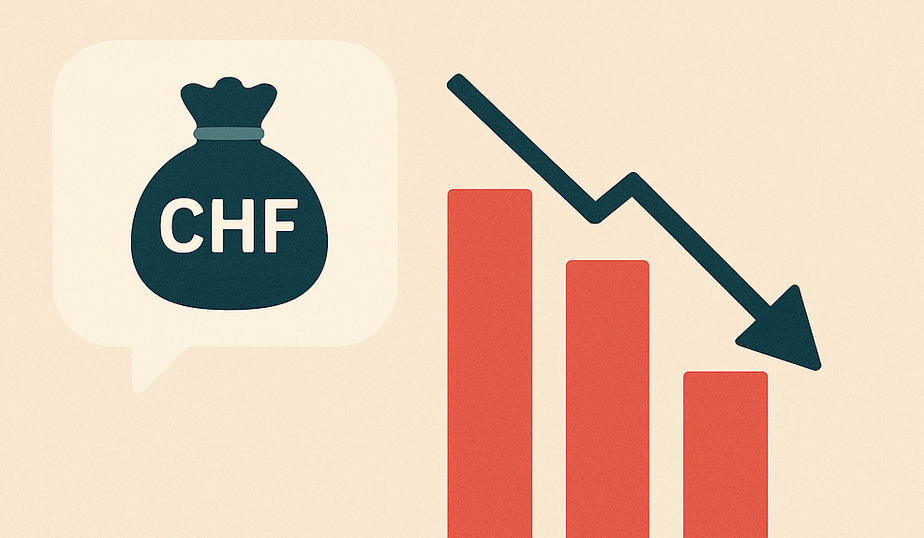














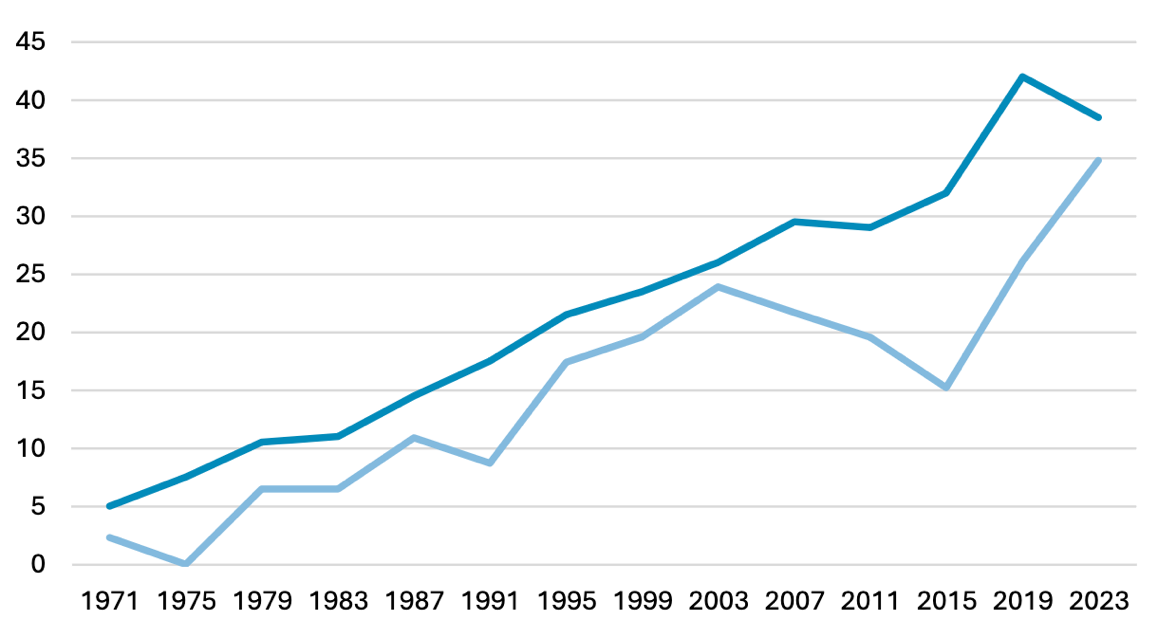



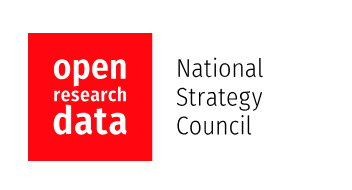

 Bâtiment Géopolis,
Bâtiment Géopolis, +41 (0)21 692 37 30
+41 (0)21 692 37 30

